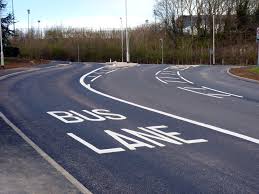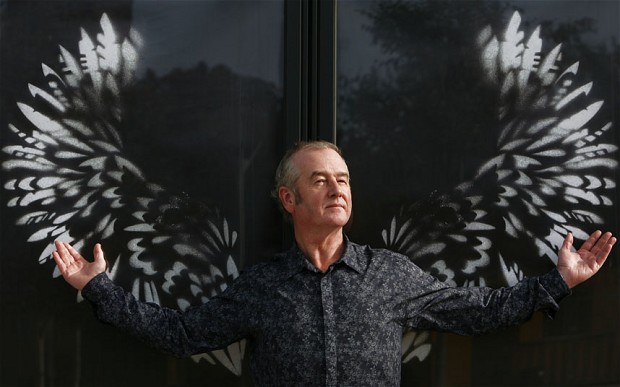 I am having a Lenten break from social media at the moment – but just as I closed my apps on Shrove Tuesday, I noted a thread on audiences at school being segregated by gender. I goggled at the concept of saying only girls could attend a female writer – or vice versa. Those of you who know me or my blog posts can imagine my reaction to that…Having had time to reflect – as part of my retreat from gabbling on Twitter and Facebook, I have some more considered opinions – I hope.
I am having a Lenten break from social media at the moment – but just as I closed my apps on Shrove Tuesday, I noted a thread on audiences at school being segregated by gender. I goggled at the concept of saying only girls could attend a female writer – or vice versa. Those of you who know me or my blog posts can imagine my reaction to that…Having had time to reflect – as part of my retreat from gabbling on Twitter and Facebook, I have some more considered opinions – I hope.
There are many ethical influences on children’s writers. We are conscious of issues around race, gender, disability and social class – amongst others. When I speak to my fellow writers either face-to-face or on-line, I hear their deep concern to get it right, to do their best.
Sometimes this is not helped by the critics.

“Stay in your lane…”
Any given writer cannot help her background more than she can change her fingerprints. Most writers I know use their deepest understanding to convey people in their stories who are not exactly like them. ‘Write what you know’ is really rather limiting for everyone.
I do understand that there needs to be more works published written, illustrated or both from a diversity of backgrounds. Yet denouncing those who write outside their own upbringing, who venture beyond their comfort zone, seems unlikely to achieve this.

Bear tempted more by honey than vinegar.
Mulling over the first session of my editing course, where our emphasis was on empathy, brought me hope. Our role as editors and writers, depends on grasping the effect of our craft on the reader. We have to put children and young people at the heart of what we do – not critics, not representatives, not any form of ‘gatekeeper’ – but the readers. That is a thought full of optimism:
See how responsive, thoughtful, perceptive, energetic and creative today’s children really are.
David Almond

I know I’m writing better now than I ever did for adults because I’m writing for an audience who know that they don’t know everything.
